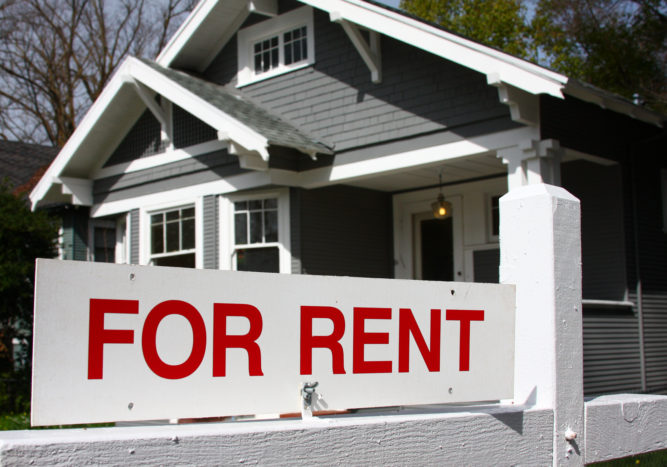
Statutory Grandfathering for Leases – Legislative Update
If your homeowners association is planning an amendment to restrict or cap rentals in the community, we recommend you complete that amendment project by the end of this year because there is a new law that goes into effect on January 1, 2021 that grants statutory grandfathering.
The new law is Senate Bill 442, which amends one of the statutes within the Georgia Property Owners’ Association Act (the “POA Act”) at Code Section 44-3-226. The new law, which again goes into effect on January 1, 2021, states the following:
No amendment shall be made to the instrument so as to prohibit or restrict a nonowner occupied lot from continuing to be leased or rented for an initial term of six months or longer pursuant to the preamended instrument; provided, however, that upon the conveyance for value of such lot, such lot shall be made to conform to the instrument as amended. For purposes of this subparagraph, the term ‘conveyance for value’ means any transfer of the lot for consideration in the amount of $100.00 or more or any transfer of an interest in the entity that owns the lot for consideration in the amount of $100.00 or more.
What this means is that if a community amends its covenants after January 1, 2021 in order to restrict leasing, and if a house in the community is already being leased at the time the amendment is recorded, the owner of that house can continue to lease the house until ownership of the house is transferred to a new owner. In other words, the new law adds a statutory “grandfathering until conveyance” to any house that is being leased, at the time the amendment is recorded, so the owner can continue to lease. Even if the leasing restriction amendment itself does not include grandfathering, this new law grants grandfathering to houses being rented at the time the amendment is recorded. By contrast, if a house is not being leased at the time a leasing amendment is recorded, the owner of that house does not receive the benefit of the grandfathering statute.
Three things to note.
1. There does not appear to be a distinction between the terms leasing and rental. Both words appear to be used interchangeably.
2. The new law is not retroactive and does not grant new grandfathering to leases where a leasing restriction is already in place. Accordingly, if a leasing restriction amendment has been recorded at any time prior to January 1, 2021 (including during the months of October, November, and December 2020), the new law does not apply.
3. The law only amends the POA Act. It does not apply to condominiums. Also, while the law does not apply to common law homeowners associations that are not subject to the POA Act, existing case law provides that a community must submit to the POA Act in order to restrict leasing in the entire community (otherwise, the leasing restriction amendment will only apply to those owners who sign the amendment). What this means is that if your community is not a condominium, it will for all intents and purposes be subject to the new law beginning January 1, 2021.
If you have any questions regarding the new law, or if you have a leasing restriction amendment currently in process, or are considering restricting rentals before the end of this year, please contact us for advice. Our main number is 770-685-7000. Or email Leslie Walker at lwalker@luederlaw.com